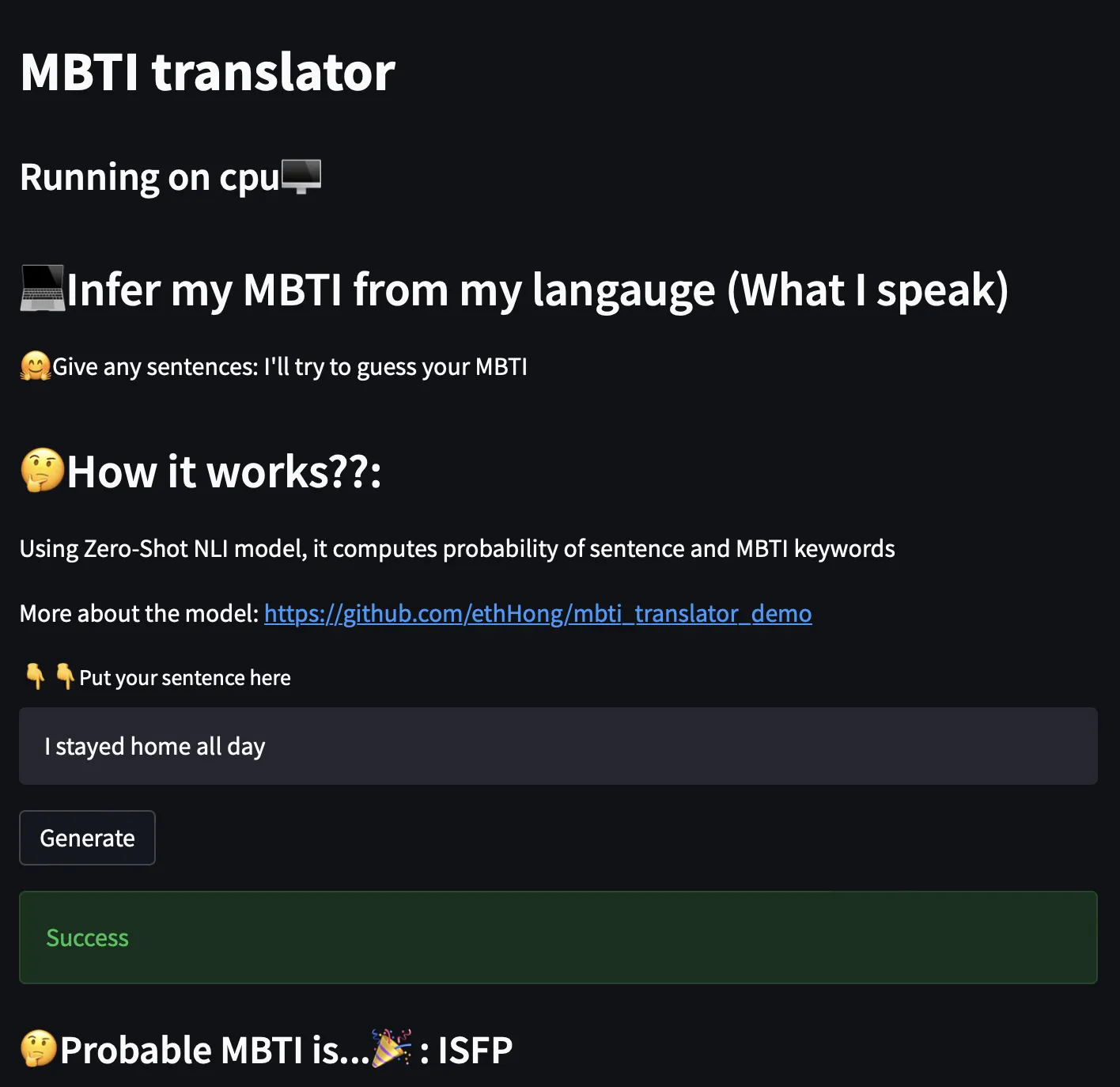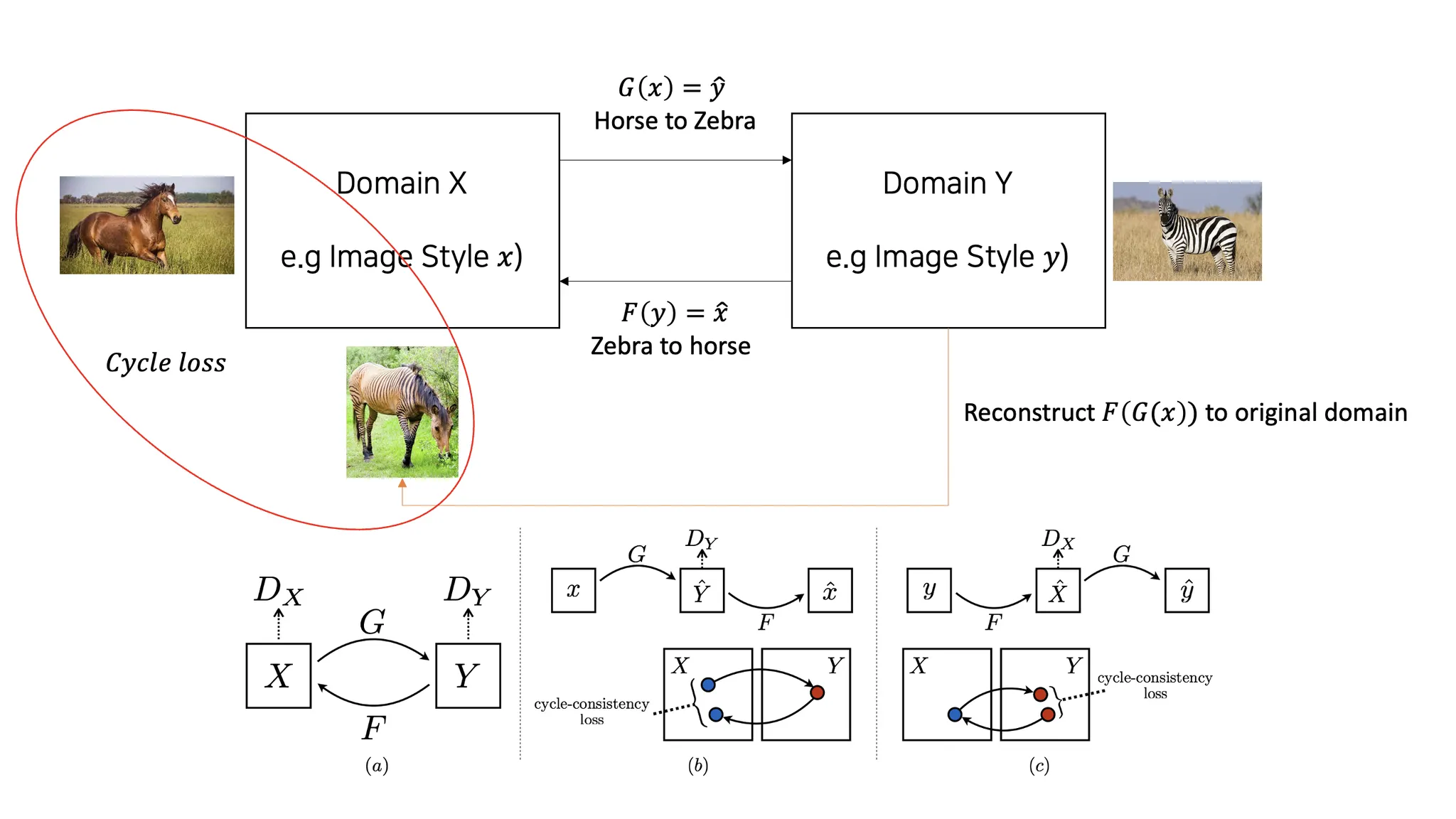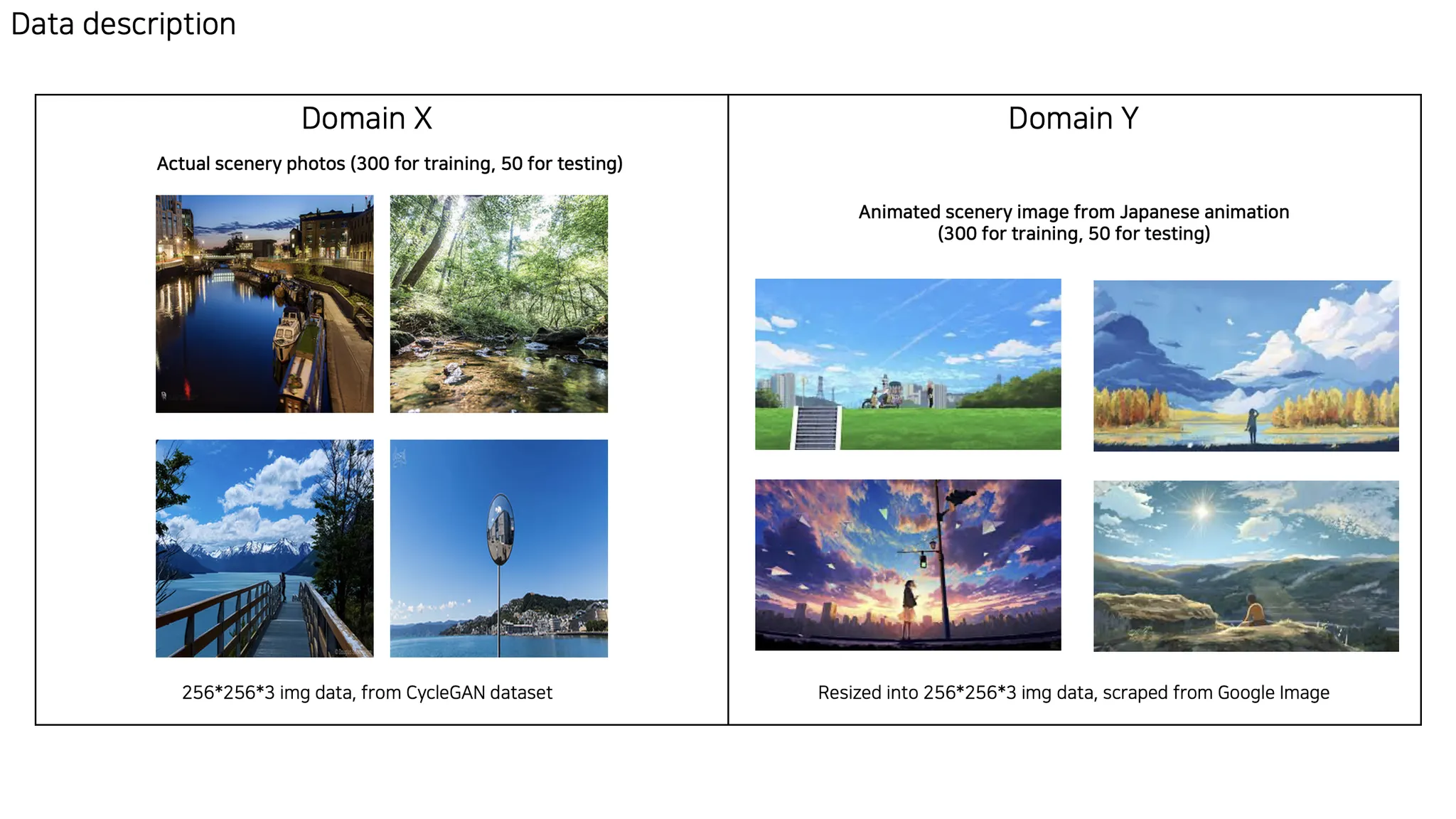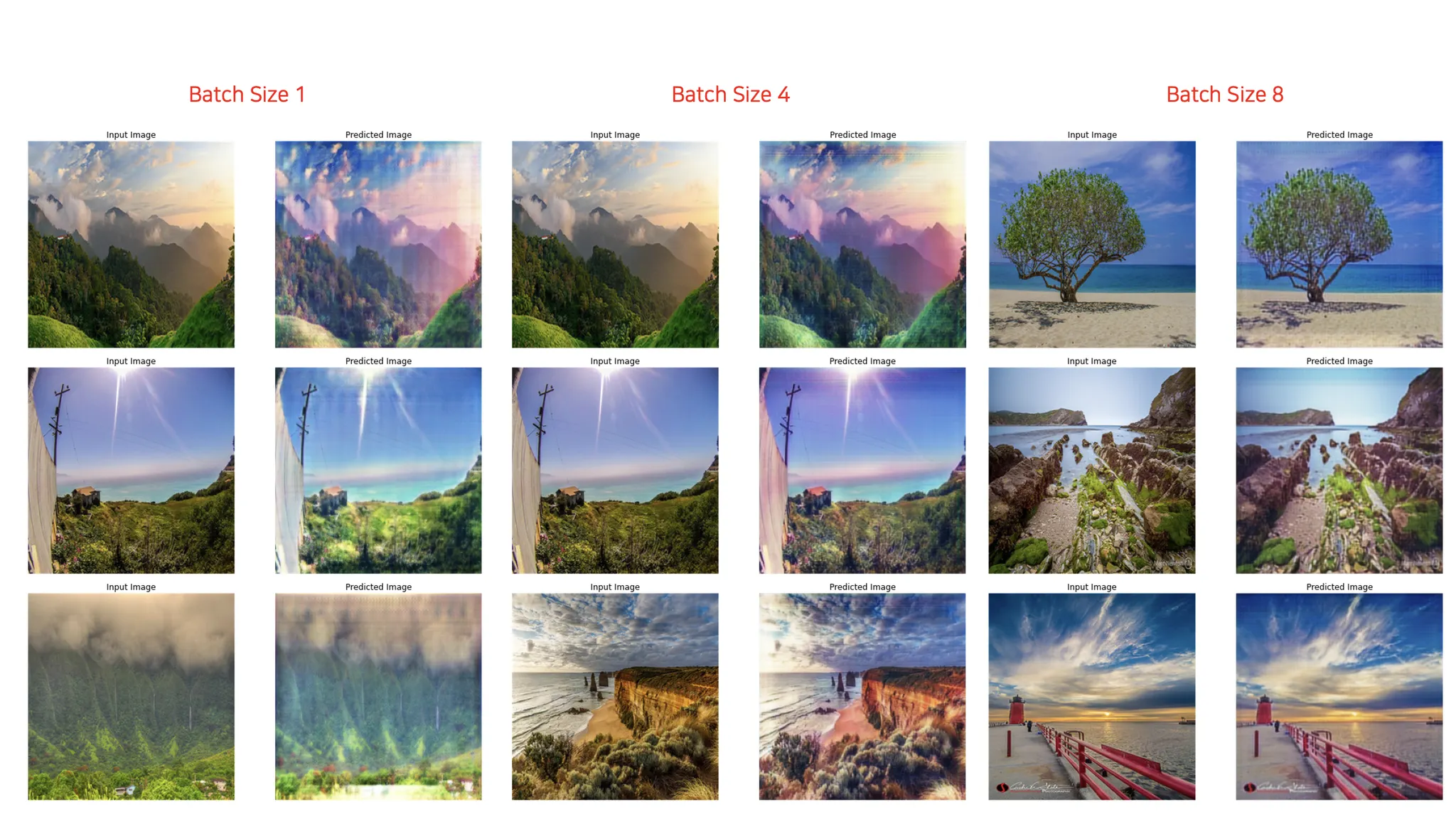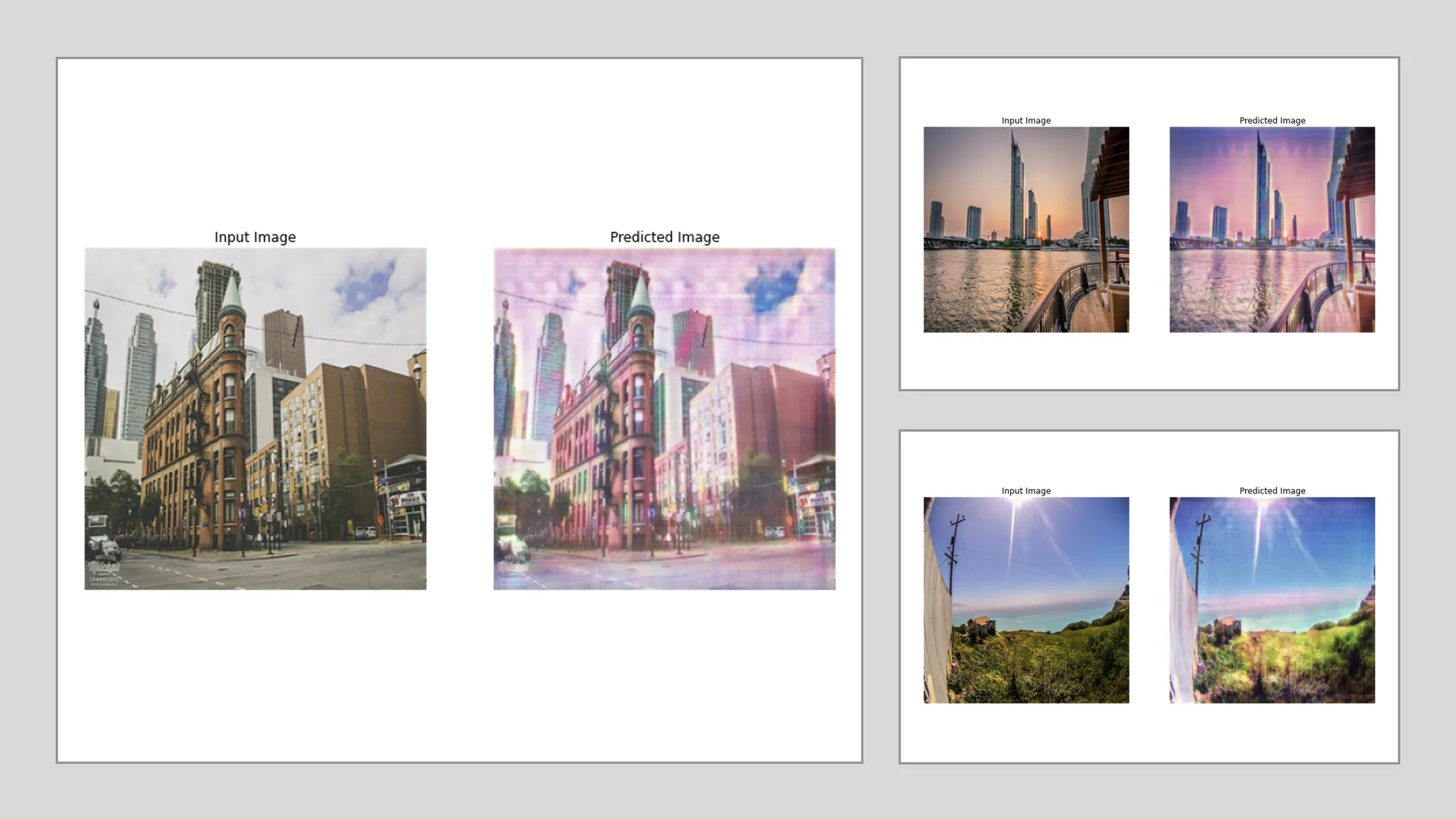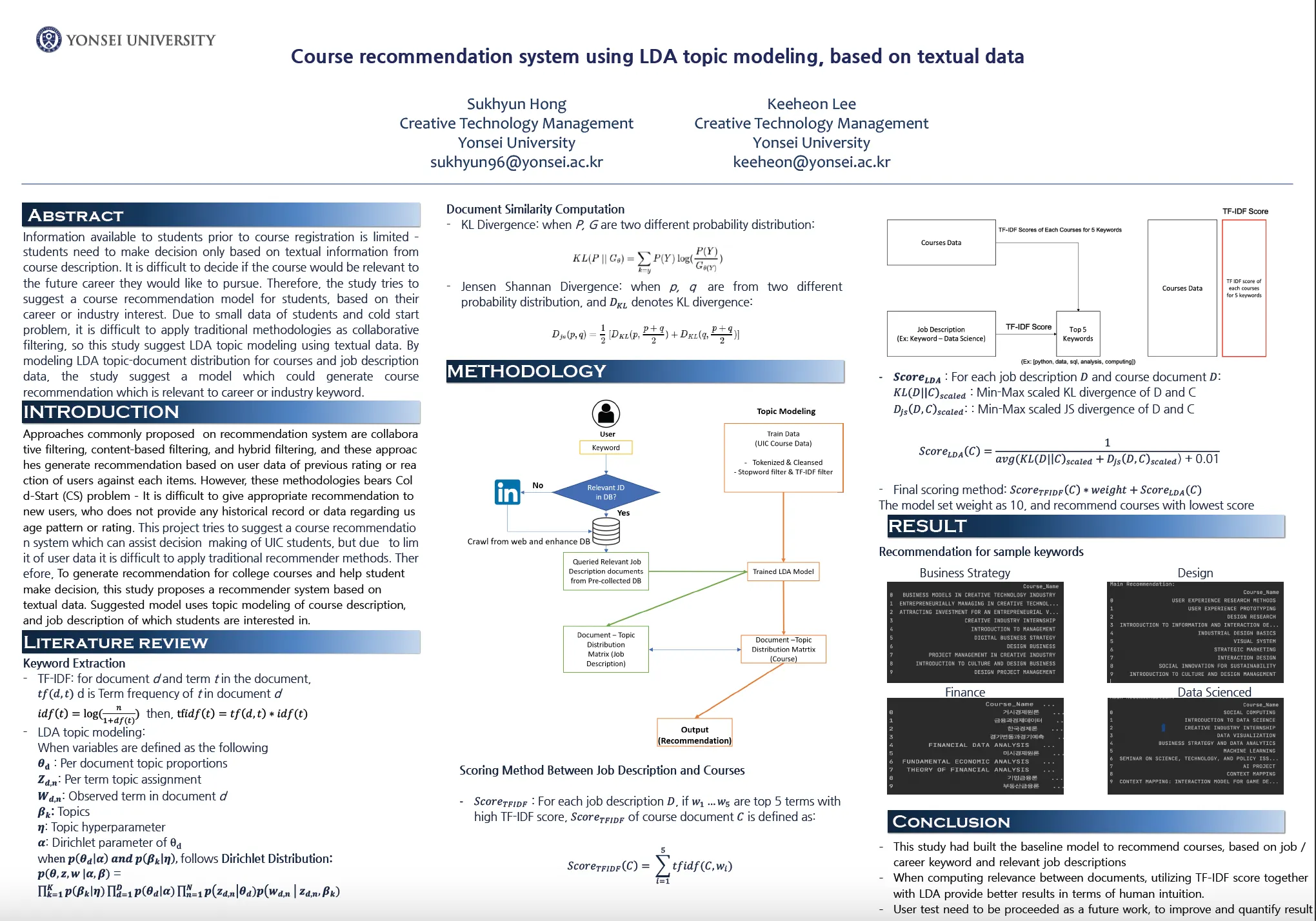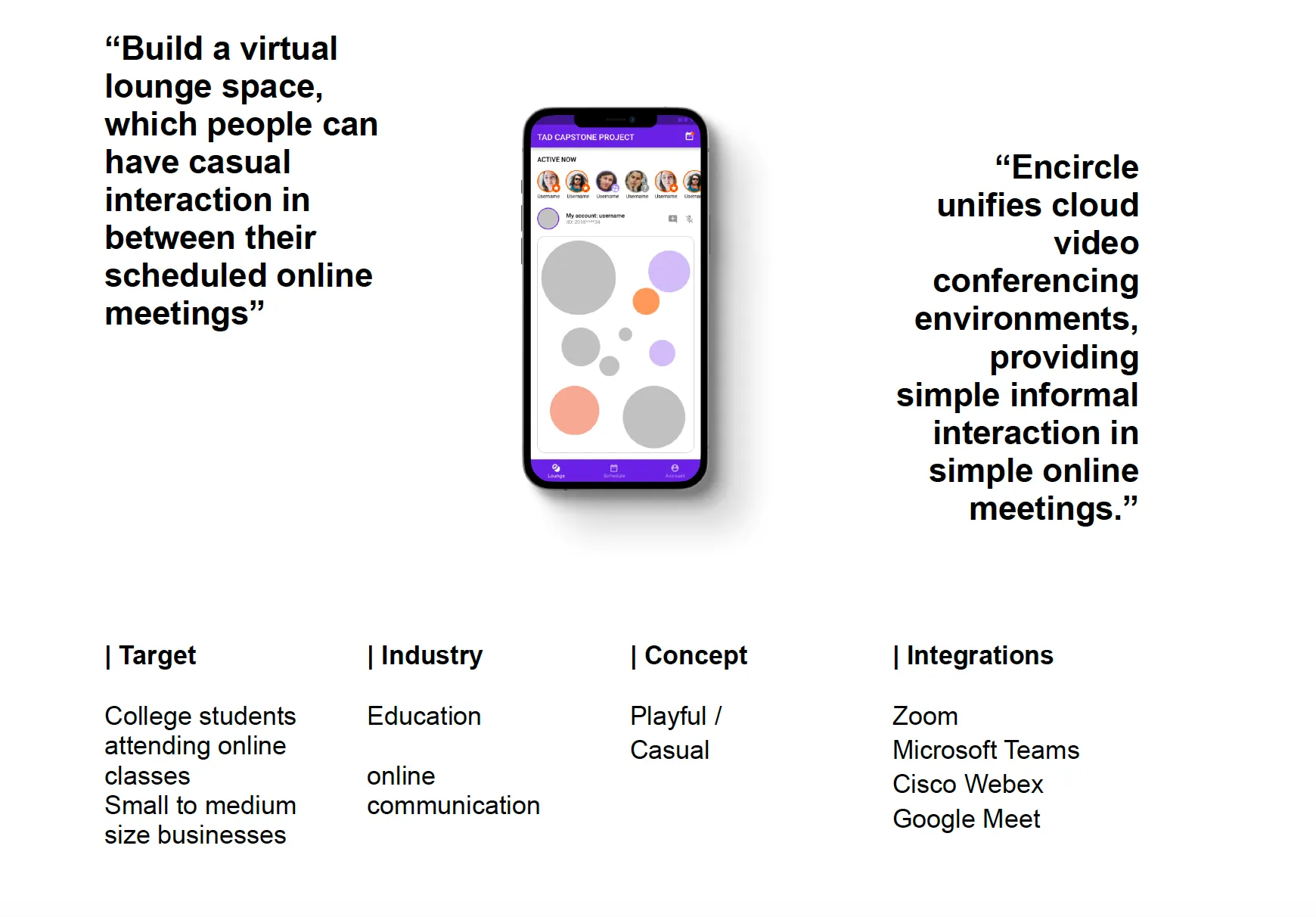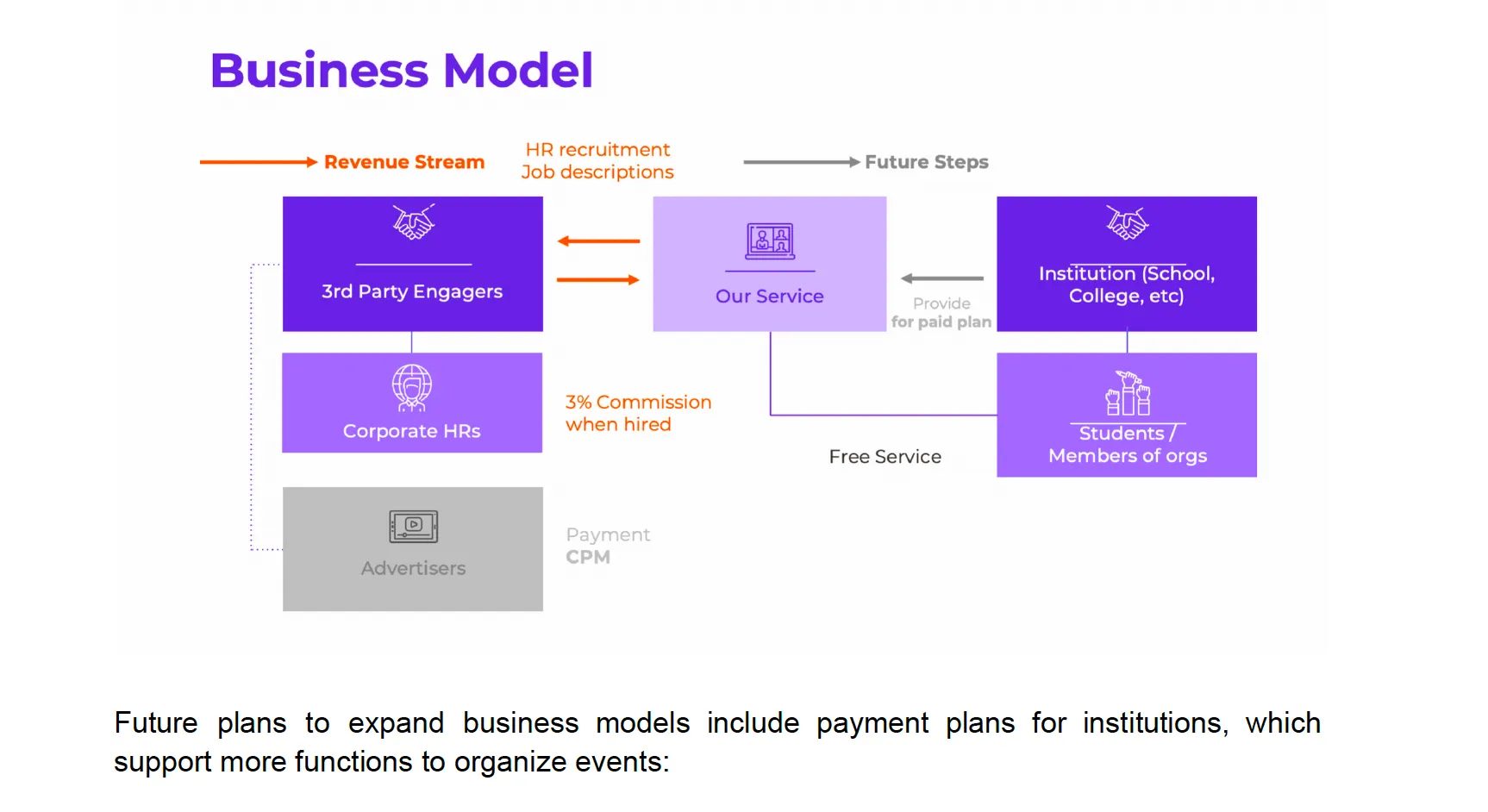Profile
UCLA MSBA’ 2025 | Yonsei University’ 15
Work Experiences
Academic poject experiences
Projects
Below are some of programming projects I have proceeded. You can enter each page to see the details.
Evaluating math solutions based on concept understandings (Correct answer is not everything)
Github Repository
•
Purpose: This repository provides tools to evaluate the MSU (Mathematical Solution Understanding) scores of LLM models.
•
Does getting correct answers in mathematics guarantee learner (or problem solver) properly understands key concepts and learning goals? In mathematics, reasoning process and concept understanding is as much as important as getting correct answers. Therefore, I aim to propose a metric which evaluates ‘solution understanding’ rather than correctness of answers. I had leveraged reasoning capability of LLMs to experiment if evaluation metric centered on concept understanding align with answer accuracy based evaluation. Keyword extraction along with semantic similarity computation is used to score the results.
This study aimed to evaluate the quality of mathematical solutions generated by LLMs by extracting the mathematical notions present in each solution. Our result revealed tendency where solutions generated by larger-scaled, and higher-performance models exhibited a higher level of accordance with human generated solution. This result align with the knowledges from previous studies, indicating that larger and higher-performance models can leverage prompt engineering to achieve improved reasoning outcomes. Therefore, we believe MSU score holds significant potential for application in further studies investigating and evaluating mathematical reasoning capability based on LLMs.
MBTI translator
Github Repository
•
Model:
•
UI with Streamlit library:
App with UI (Huggingface):
→ The app on Huggingface may go into sleep mode after prolonged inactivity (since I'm using the free hardware option). If you are trying it out but experiencing issues due to inactivity, please email me at sukhyun9673@gmail.com to request activation.
Project Summary
MBTI (Myers-Briggs Type Indicator) is one of the methodologies used to indicate one's personality through a questionnaire, which classifies one's personality into 16 different types based on the responses. However, classifying one's personality based on self-responses can be subjective and somewhat biased. This small project assumes that one's language (how one speaks and what they speak) implies their personality type.
By using a zero-shot classification model, this project programs a pre-defined dictionary of relevant keywords for the 16 personality types and computes the probability of a sentence one speaks being relevant to each of the keywords.
Codes
Personality type map data used
Code for UI (Streamlit)
Code for modeling
GHIBLI GAN
Github Repository
Project Summary
Cycle-GAN model is a generative model that is capable of transforming an image from one domain to another domain. This model enforces the reconstruction of the image to the original domain to be similar to the original input data by adding a 'Cycle-loss' - which enables changing the style of the input image without modifying the structure of the original image.
By implementing Cycle-GAN with PyTorch, this project trained a model that transforms images of scenery into a Japanese-animated style. The data for the input domain X consists of 300 images for training and 50 images for testing (2562563), which are from the CycleGAN dataset. The image data for domain Y (style transformation) was collected from Google Images using the Python Selenium library.
Results and Lessons Learned
•
Limitations:
◦
The quality of the image data used was low.
◦
The variance (variety) of each image was not high enough.
◦
The entire dataset was small due to limitations in computing power. However, using an extremely small batch size of 1 worked fine.
•
Since the generator generates images from random noise, it works better when given a comparatively higher learning rate compared to the discriminator.
Job Recommender using LDA topic modeling
Project Abstract
The information available to students prior to course registration is limited. Students need to make decisions based only on textual information from course descriptions. It is difficult to determine if a course would be relevant to the future career they would like to pursue. Therefore, this study aims to suggest a course recommendation model for students based on their career or industry interests. Due to the small amount of student data and the cold start problem, it is challenging to apply traditional methodologies such as collaborative filtering. Instead, this study proposes using LDA topic modeling with textual data. By modeling the LDA topic-document distribution for courses and job descriptions, the study suggests a model that can generate course recommendations relevant to career or industry keywords.
Deep learning study workshop
See the page above.
Deep learning study workshop materials are included in the page.
Capstone Business Project - Encircle
File of the full report attached below
Project Summary
•
Encircle means to form a circle around, encompass, and surround. We named our
company (project) as such to represent a gathering of members in a virtual meeting at our
designed lounge.
•
Our objective: To create a virtual lounge space where people can have casual interactions
between their scheduled online meetings.
•
Outcome: MVP-level iOS application and business plan report.
•
Pitching:
Problem
Since the outbreak of the COVID-19 pandemic, institutions have shifted their means of
communication and collaboration to online platforms to serve their members who are
geographically dispersed. However, dissatisfaction among users arises from the discontinuity of
communication and disconnection between members, preventing them from participating in
casual gatherings.




